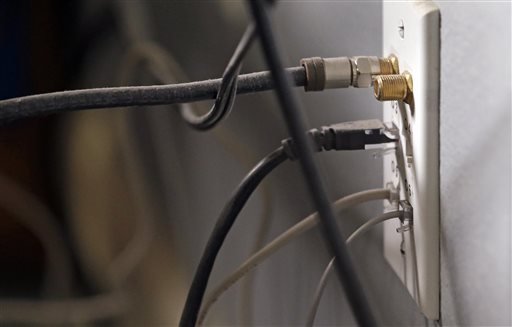In the current age of the Internet, using search engines to obtain information or knowledge has become part of the daily life and work of many people. However, if the normal order of search results is disrupted intentionally then it will cause various negative impacts. Among the top ten intellectual property cases of Chinese courts in 2022 recently announced by the Supreme People’s Court, the unfair competition litigation case between Beijing Baidu Netcom Science and Technology Co., Ltd. and Suzhou Flash Push Network Technology Co., Ltd is selected, where the above problem is solved and highlighted, attracting some attention.
The summary of the case is as follows: Beijing Baidu Netcom Science and Technology Co., Ltd. (hereinafter referred to as Baidu) is the operator of the Baidu search engine. Suzhou Flash Push Network Technology Co., Ltd. (hereinafter referred to as Flash Push) generated a large number of advertising pages related to commonly used search keywords in the client’s industry by renting the sub-directory of high-weight websites and using technical means . These pages were then linked to sub directory of high weight websites. When users search for these keywords on search engines such as Baidu, the promoted company’s advertising web page will occupy one or more search results on the first page, achieving the effect of “thousands of words dominating the screen”. Baidu filed a lawsuit in the Suzhou Intermediate People’s Court of Jiangsu Province on the grounds that the above Flash Push acts constituted unfair competition. The Court of First Instance held that Flash Push carries out the business of “dominating the screen” by relying on the Baidu search engine, deliberately using technical means to undermine the normal inclusion and ranking order of the Baidu search engine based on keywords, increase the cost of acquiring information for users, disrupted the market competition order and Internet information service management order, violated the principle of good faith and recognized business ethics, which constituted unfair competition. Therefore, the court ordered Flash Push to stop the unfair competition and pay damages of RMB 2.753 million for economic losses and reasonable expenses. After the first instance sentence, neither party has appealed.
The ruling underlines that there is a competitive relationship between Flash Push and Baidu. The essence of unfair competition on the Internet is to use technical means or other means to hinder or destroy the normal functioning of network products or services legally provided by other operators. The defendant’s act is contrary to the will of the Baidu plaintiff and results in the inability of the Baidu plaintiff’s network products or services to function normally, which violates the principle of good faith and business ethics, disrupts the order of market competition and damages the legitimate rights and interests of consumers. Furthermore, the defendant’s act lacks reasonable motivation and is unlawful, which should be regulated by the anti-unfair competition law.
The typical significance of the ruling of this lawsuit is to effectively curb the use of technical means to interfere with and manipulate the natural search results ranking of search engines, which is conducive to safeguarding the legitimate rights and interests of network users, maintaining a healthy and orderly search ecosystem and an Internet order of fair competition. It demonstrates the strength and determination of the People’s Court in creating a clean and vibrant cyberspace.
(Adapted from Supreme People’s Court news and IPHouse official WeChat account)
#Internet #Order #Maintained #Baidu #Case #Selected #Among #Top #Intellectual #Property #Cases #China #Courts



